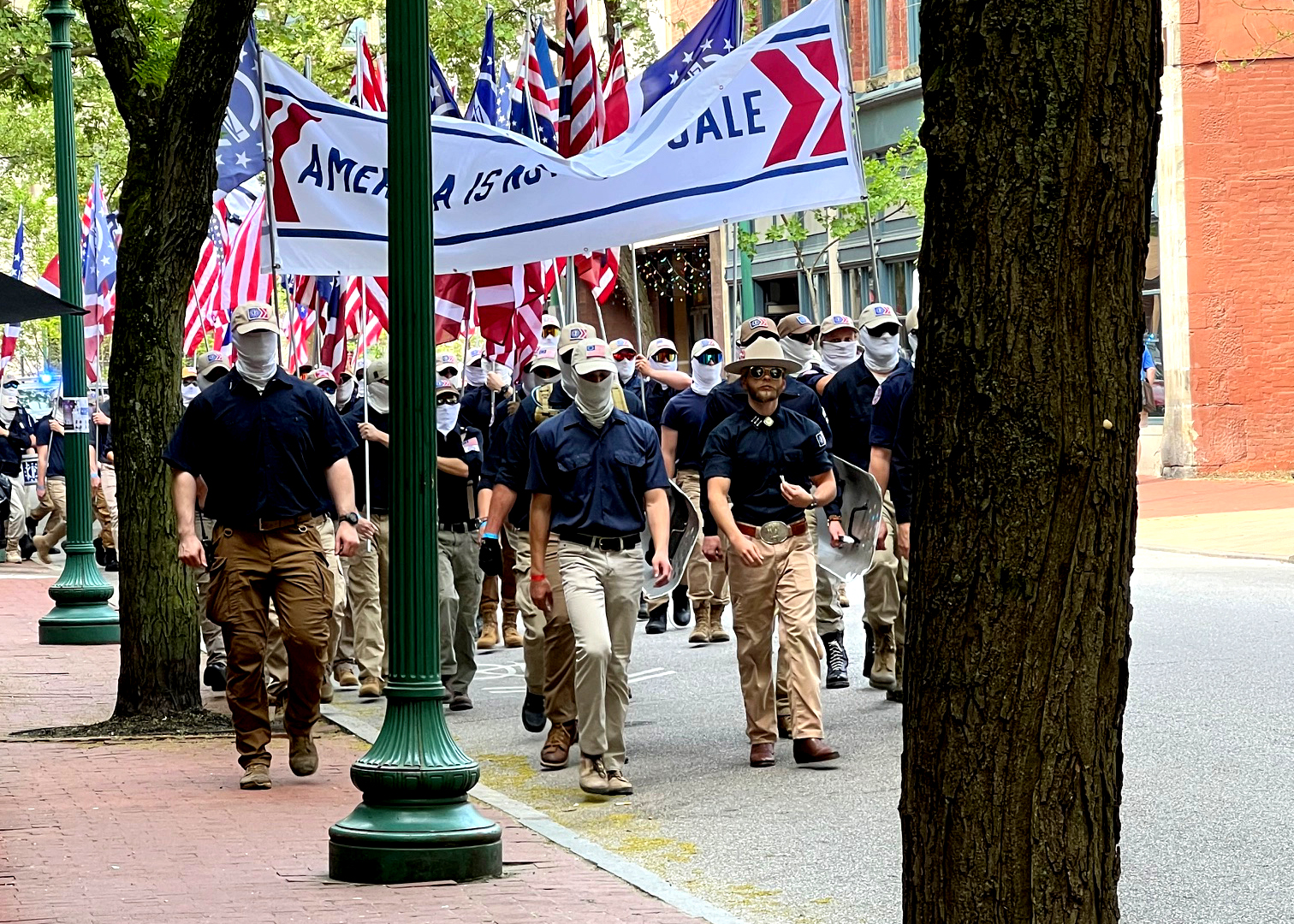It looked like the most controversial bill of the 2022 West Virginia Legislative session had just squeaked by in time, just before midnight and adjournment sine die on Saturday. But within the next hour, it was confirmed by the Senate Communications Director that Senate Bill 498 had not passed the upper chamber in time.
Senate Bill 498 was named the Anti-Racism Act of 2022 but was widely seen by opponents as a response to concerns about critical race theory. Referred to as CRT, Education Week describes it as “a theory that racism is not merely the product of individual bias or prejudice, but also something embedded in legal systems and policies.”
Supporters said it will protect students and ensure that no educator in West Virginia is teaching that one race is “inherently racist, sexist or oppressive” or that people should be discriminated against or “receive adverse treatment” because of their race.
Earlier in the legislative process, state education officials testified before lawmakers that they have had no instances of such lessons being taught in West Virginia.
A similar bill in the House of Delegates, House Bill 4011, failed to get out of committee following an emotional public hearing.
Sen. Owens Brown, D-Ohio, spoke against Senate Bill 498 on March 2, before it passed the Senate. Brown is a former president of the West Virginia NAACP and the only Black lawmaker in the state Senate.
“In 2020, after George Floyd was killed, I noticed people across the country coming together, white Americans, Black Americans, Asian, hispanics, arm-and-arm marching together protesting the inhumanity that had happened,” Brown said. “But then all of a sudden I see critical race theory being thrown out there and a debate again trying to divide people.”
“And this is what is happening,” he continued. “CRT was dormant. And it’s been told to you over and over again, that it wasn’t taught in the public schools. But here we are still trying to say it’s been inserted into public schools for political purposes and for political gain. And that is not right.”
Brown asked Senate Education Chair Patricia Rucker, R-Jefferson, who is also the lead sponsor of Senate Bill 498, for instances in West Virginia schools where she knew this theory was being taught. Rucker said she could not provide specific instances.
Opponents say the bill would limit thoughtful discussions about race, systemic racism and implicit bias in West Virginia K-12 schools and higher education institutions. Opponents have said such a law would create a “chilling effect” in the classroom, prohibiting teachers from teaching history accurately.
Supporters counter by saying the bill does not curtail free speech, historical discussions and academic freedoms.
Sen. Amy Grady, R-Mason, who is a public school teacher, spoke in support of the bill during debate on March 2. She said Senate Bill 498 will protect students like hers who have generations of family who come from poverty. She said it is wrong to say they are privileged just because of the color of their skin.
“Many of them come from generations of poverty – generations,” Grady said. “Some of them live in single wide trailers with holes in the floor, holes in the floor, no heat, no water, definitely food insecurity, to tell those kids that they have a leg up in society because of their race, is doing them a great disservice.”
“They don’t have a leg up in society, no more than skin color holds somebody down. We have to make sure we are telling our kids they can reach the stars,” she said.
Senate Bill 498 also would have created a reporting mechanism to the West Virginia Department of Education and the West Virginia Higher Education Policy Commission for alleged violations.
The House sent over its amended version of Senate Bill 498 Friday evening after more than two hours of debate. The Senate waited until minutes before midnight on Saturday to take up the bill for a final vote, just missing the midnight deadline.
There was no mention of the missed deadline from Senate President Craig Blair, R-Berkeley, as he lowered the gavel to adjourn.
